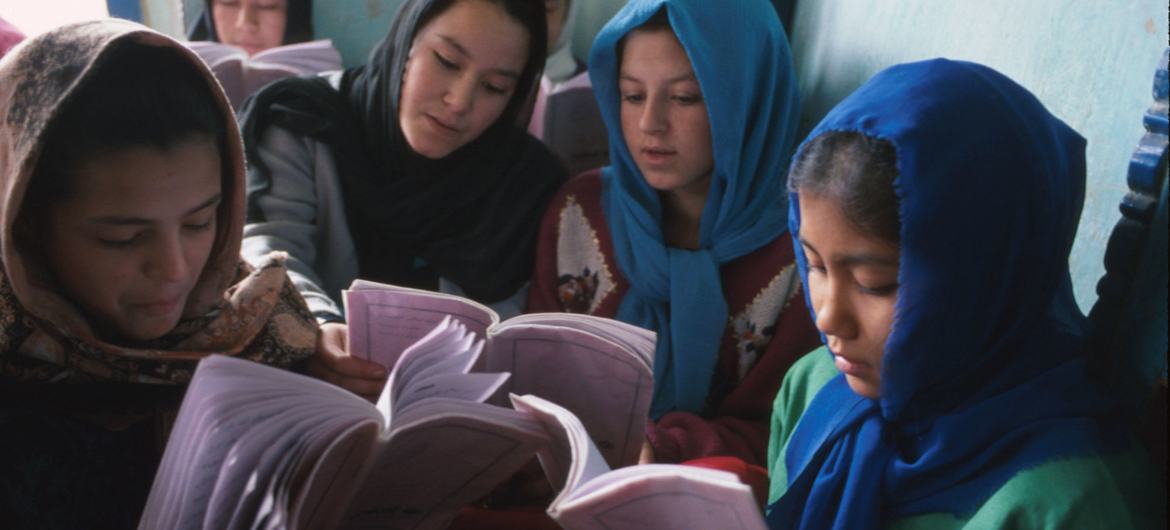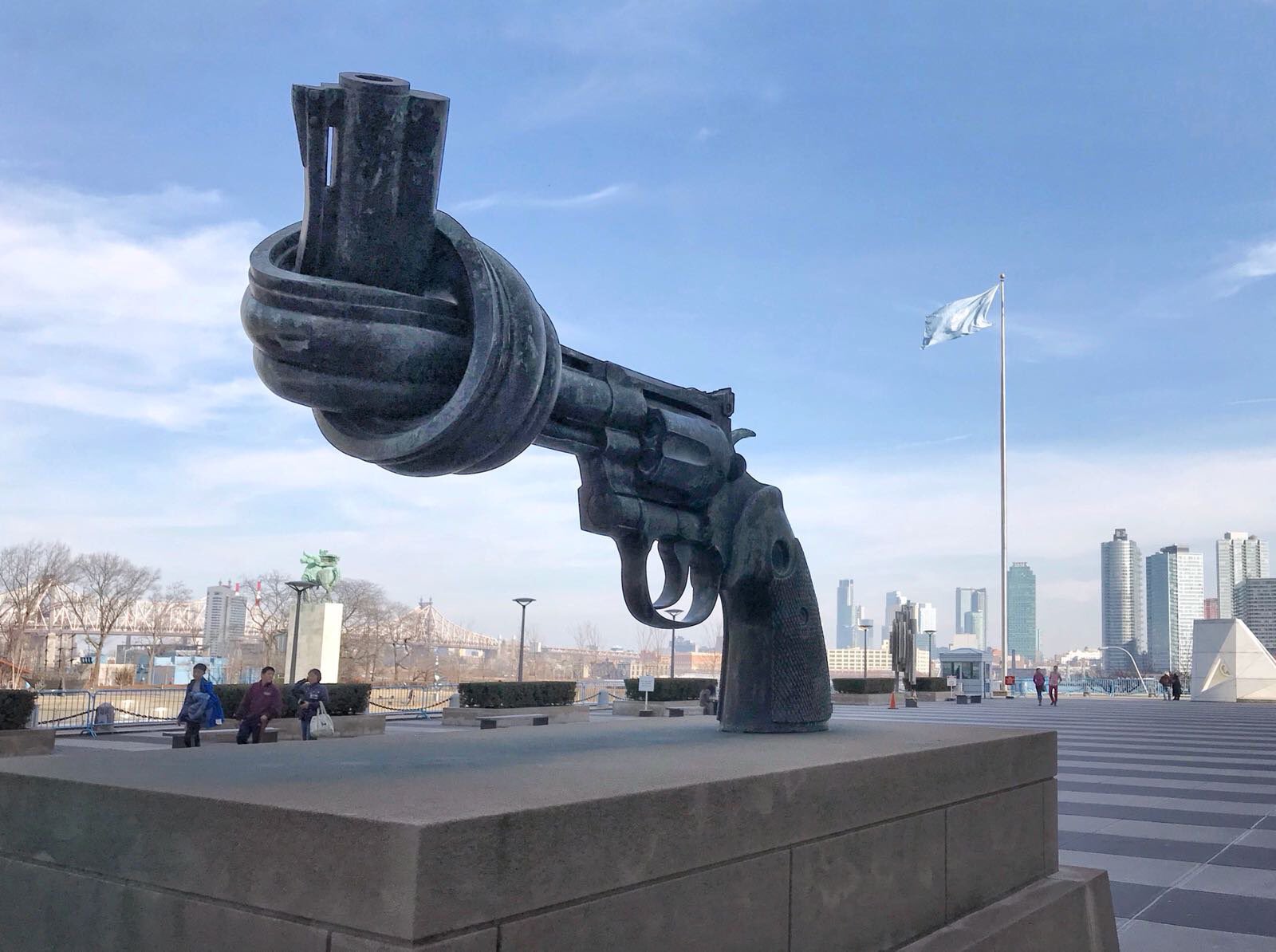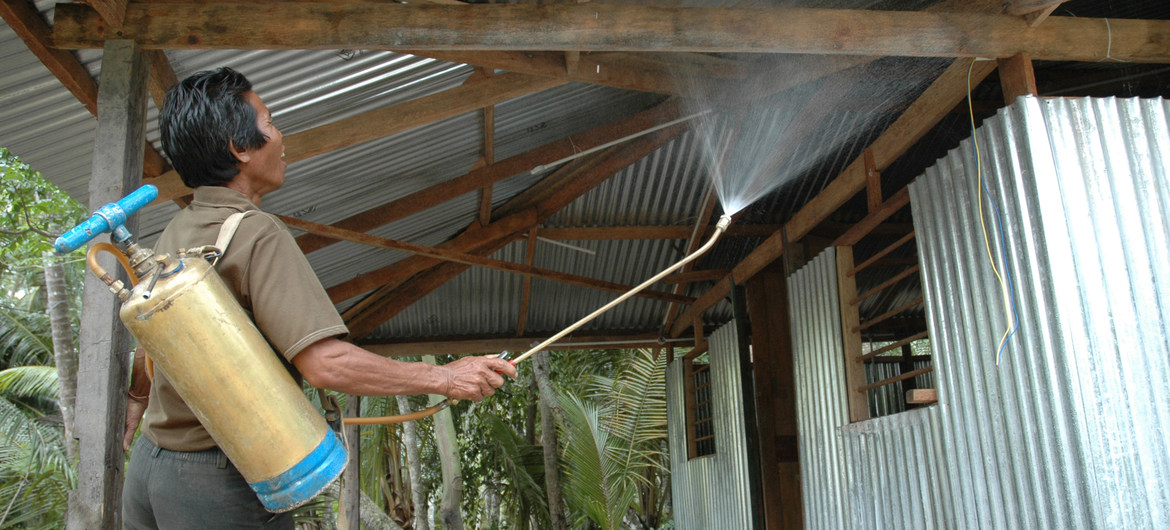The UN has condemned a suicide bombing in the Afghan capital Kabul which has left more than 20 dead, according to latest news reports, many of them young women who were sitting mock exams at an education centre
 KRC TIMES Desk
KRC TIMES Desk


No group has yet claimed the attack, but affiliates of the terrorist group ISIL, or Daesh, have often targeted the Hazara minority in Afghanistan.
Appalling outrage
“The UN family condemns the outrage, extending its deep condolences to all those in mourning”, said the mission.
News reports said that the attacker shot at guards outside the facility, and then entered a classroom before detonating a bomb. Hundreds of students are reported to have been in the room at the time.
UN Children’s Fund, UNICEF, issued a statement saying it was “appalled by the horrific attack” early on Friday morning.
‘Heinous act’
“This heinous act claimed the lives of dozens of adolescent girls and boys and severely injured many more. The victims were practising for the entrance exam to university.
“UNICEF offers its heartfelt condolences to all families affected by this terrible event and wishes a swift recovery to the injured.”
The agency said that any violence in any educational environment was “never acceptable”.
“Such places must be havens of peace where children can learn, be with friends, and feel safe as they build skills for their futures”, the statement continued.
“Children and adolescents are not, and must never be, the target of violence. Once again, UNICEF reminds all parties in Afghanistan to adhere to and respect human rights and ensure the safety and protection of all children and young people.”
The district where the attack happened is a predominantly Shia area and home to the minority Hazara community, who are historically one of the most severely persecuted groups in Afghanistan.
This abuse has not stopped since the Taliban seized power in a coup in August last year, according to a report by UN Special Rapporteur on the situation of human rights in Afghanistan Richard Bennett.
Ethnic dimension
In his report to the Human Rights Council on 6 September, Mr. Bennett detailed how Hazara communities have been subjected to multiple forms of discrimination, negatively affecting their economic, social, cultural and human rights.
“There are reports of arbitrary arrests, torture, and other ill-treatment, summary executions and enforced disappearances,” the Special Rapporteur insisted. “In addition, an increase in inflammatory speech is being reported, both online and in some mosques during Friday prayers, including calling for Hazaras to be killed.”
The top rights expert, who works in an independent capacity, also explained how Afghanistan’s de facto rulers had appointed Pashtuns “to senior positions in government structures in Hazara dominated provinces”.
This had led to forcible evictions of Hazaras and imposed religious taxation contrary to Shia principles, Mr. Bennett said.





